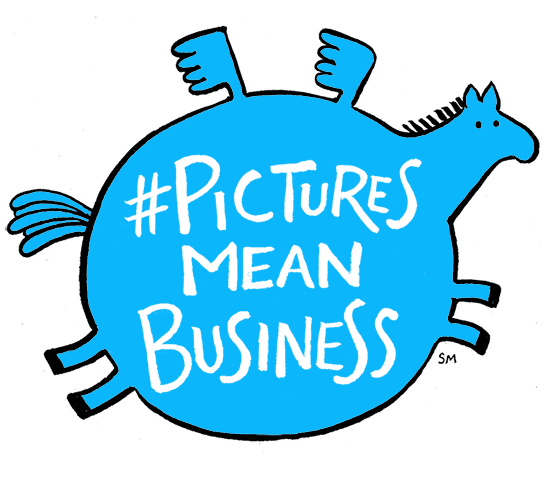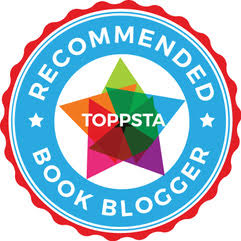A Reply to the BBC: Do children still need to read the classics of English literature?
Over the weekend the BBC published an article titled: 'Do children still need to read the classics of English literature?' and BookBairn and I answer with a resounding 'YES!' The article was prompted by the fact that despite "youngsters growing up in a very different literary landscape to their parents", Nicky Morgan, the Education Secretary, has called for a return to reading the literary classics in schools.As a teacher, I have always chosen to read a variety of different kinds of stories with my classes, but always return to the classics as great books for whole class reading and projects (I already mentioned Charlotte's Web but also the Jungle Book, the Wizard of Oz and Peter Pan are great for primary school aged kiddies). But without someone to read these stories with the children, some of the texts can be daunting, especially for timid and less-able readers. However, the fantastic characters, plot twists and beautiful imagery of these books has an enduring appeal to all generations and I love these stories.
 You might think that BookBairn is a little young at six months old to be approaching reading the classics but you'd be surprised! I recently came across a collection of books called BabyLit written by Jennifer Adams with art by Alison Oliver (don't you just love that the publishers have described it as 'art' rather than simply illustration?) We have several from this collection and we love them all!
You might think that BookBairn is a little young at six months old to be approaching reading the classics but you'd be surprised! I recently came across a collection of books called BabyLit written by Jennifer Adams with art by Alison Oliver (don't you just love that the publishers have described it as 'art' rather than simply illustration?) We have several from this collection and we love them all!I should start by pointing out that these books are not a baby-friendly version of the novels themselves (if that's what you're after I think the Cosy Classics collection is probably more your thing; I'd love to have some of these for BookBairn too but statutory pay for maternity leave won't stretch to it.) The BabyLit series is in my opinion a collection of unique early learning books that uses the original context of the classic text to develop learning on a particular theme, making them far more accessible for babies and tots. As you can see from the photographs we have six of this series: The Jungle Book (animal theme), Pride and Prejudice (numbers), Romeo and Juliet (numbers), Wuthering Heights (weather), The Secret Garden (flowers), and The Wizard of Oz (colours). Each of the pages of the books features fantastic and colourful artwork, which BookBairn loves, with a clear and bold title for the page. This is alongside a quotation from the classical text and whilst this vocabulary is largely beyond the comprehension of your average toddler, it anchors the book in their original novel. The pictures below are from BookBairn's daddy's favourite - The Jungle Book.
This collection of books is undoubtedly as much for the parents as for the child. The themes and illustrations are clearly directed towards toddlers and their development but the quotations from the original classics play to the whims of the parents. But what's wrong with that? I can't think of anything better than reading books with BookBairn that appeal as much to me as to her. After all, it's likely we will be reading re-reading these books over several years, surely it's important that I don't get bored of them either?
In short, I'll be saving up for the whole collection! In fact, think Frankenstein and Dracula might be required pre-Halloween! I also see that the publishers, Gibbs Smith, sell other literary themed toys and apps to go alongside the books on their website http://babylit.com/ I would love the 'Stroller Alphabet Cards' and can imagine BookBairn recreating the stories with the toys in the playsets when she is older.
To return to the BBC question: Do children still need to read the classics of English literature? Surely, it's not about them needing to read the classics but by them wanting to! The BabyLit series certainly makes me want to read them with my six-month old!
Thanks for reading!
Mummy and BookBairn xx
Original BBC article available here: http://www.bbc.co.uk/news/education-34341656







































2 comments: